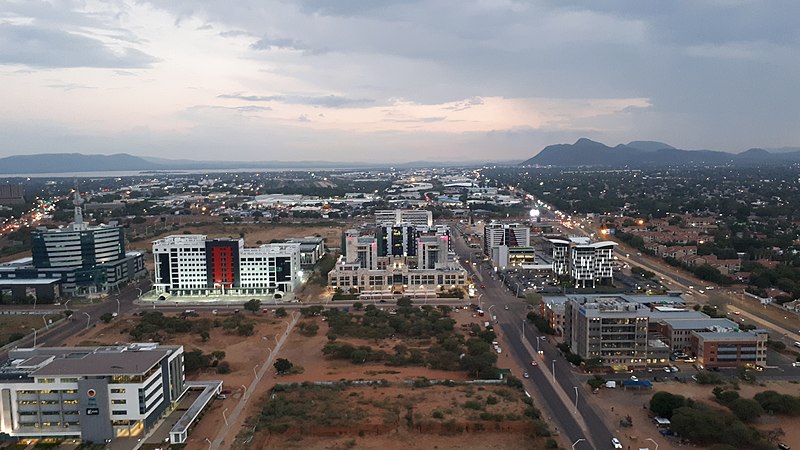The political expediency of awarding free plots is no longer sustainable, writes Special Correspondent DOUGLAS RASBASH
There are two types of economy: the cowboy economy and the spacemen’s economy. The cowboy economy treats land and resources as if they are unlimited and eternally available. The spacemen’s economy utilises resources as if they are finite, precious and will run out if not managed with great care. Botswana belongs to the cowboy economy, and other than indiscriminate cattle ranging, there is no better example of this than plot allocation.
Short-sighted
In a country where land plots are awarded freely, Botswana is reaping the bitter fruits of a short-sighted policy that has sowed the seeds of urban sprawl on a colossal scale.
While the intention might have been noble – to empower citizens with a piece of land – the unintended consequences are now glaringly evident. The impacts of this policy are manifold, stretching beyond mere urban aesthetics.
With sprawling settlements devouring vast expanses of land, the strain on infrastructure and public services is reaching critical levels.
Basic amenities
The cost of providing basic amenities like water, electricity and waste management to these far-flung communities is skyrocketing, burdening taxpayers and straining government budgets.
But perhaps even more concerning is the exodus of the younger generation from these sprawling suburbs. Instead of embracing the traditional notion of land ownership in remote areas, they aspire to dwell in centrally located, well-serviced apartments.
In a Botswana Gazette article of 1st May 2024 called CBD Development Final Phase – The Case for a Greener and More Liveable Space, the author argued that the remaining CBD plots should be given for residential development.
A fundamental disconnect
The demographic shift to re-urbanise is not merely a matter of preference; it signals a fundamental disconnect between outdated policies and the evolving needs and desires of Botswana’s youth.
Another driver of change is the increasing recognition of the impact of climate change on society and the need to build resilient communities that will be able to withstand more extreme weather and external shocks.
Sprawling development does the opposite by exacerbating pressure on water supply, other utilities and social fragmentation. In the face of these challenges, decision-makers must confront the harsh reality that the policy of free land allocation has outlived its usefulness.
It is time to acknowledge that sustainable urban development requires thoughtful planning, not indiscriminate land giveaways.
Bold initiatives
Instead of perpetuating a system that fosters sprawl and inefficiency, Botswana needs bold initiatives to promote compact, vibrant communities where resources are utilised judiciously and services are readily accessible.
What citizens really want is not a random plot in the middle of nowhere but affordable, good quality housing close to jobs, amenities and services. This requires at least one party to be bold enough to change history after the next general elections.

